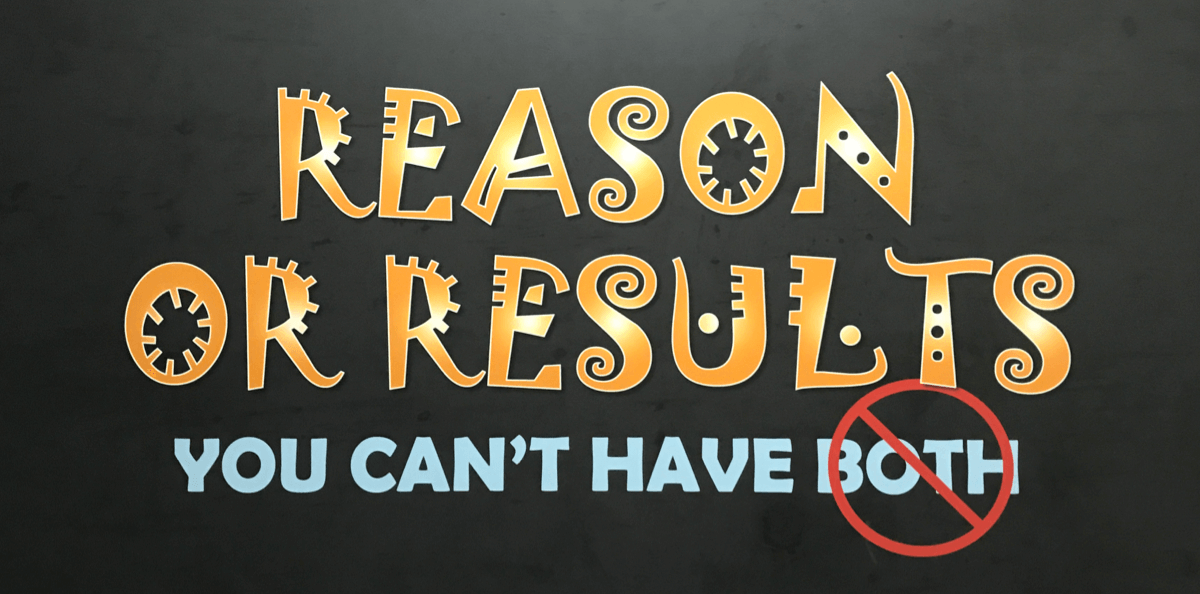If bail conditions are broken, several consequences can ensue, depending on the severity of the breach and the discretion of the court.
Here’s what typically happens when bail conditions are violated…
Issuance of a Bench Warrant
- Immediate Action – When a defendant violates bail conditions, such as failing to appear in court or breaking a specific condition like a curfew, the court often issues a bench warrant for their arrest.
- Arrest – Law enforcement can arrest the defendant on a bench warrant, bringing them back into custody.
Forfeiture of Bail
- Cash Bail – If the defendant paid cash bail, the court may forfeit the entire bail amount. This means the money paid to secure release will not be returned.
- Bail Bond – If a bail bond was used, the bail bondsman becomes responsible for the full bail amount. The bondsman will typically try to locate and apprehend the defendant to avoid financial loss.
Revocation of Bail
- Return to Custody – The court may revoke the defendant’s bail, resulting in the defendant being taken back into custody until the trial or further court proceedings.
- No Further Bail – Depending on the jurisdiction and severity of the breach, the court may deny any further bail, meaning the defendant must remain in jail until their case is resolved.
Additional Charges
- New Offenses – Violating bail conditions can result in additional charges being filed against the defendant. For example, failing to appear in court might lead to a charge of “failure to appear,” which can carry its penalties.
- Harsher Penalties – The breach of bail conditions can negatively impact the outcome of the original case, leading to harsher penalties or sentences if the defendant is found guilty.
Impact on Co-Signer
- Financial Responsibility – If a bail bond was used, the co-signer (often a family member or friend) may be financially responsible for the full bail amount if the defendant absconds.
- Collateral Loss – Any collateral provided to secure the bail bond, such as property or valuables, may be forfeited to the bail bondsman.
Stricter Bail Conditions
- Tighter Restrictions – If the court allows the defendant to be released again, it may impose stricter bail conditions. This can include increased supervision, electronic monitoring, stricter curfews, or higher bail amounts.
- Frequent Check-Ins – The defendant might be required to check in with a bail officer or law enforcement more frequently.
Breaking bail conditions can lead to serious consequences, including the issuance of a bench warrant, forfeiture of bail, revocation of bail, additional charges, financial implications for the co-signer, and stricter bail conditions if re-released. Defendants are to adhere to all bail conditions to avoid these negative outcomes and ensure compliance with the legal process.





